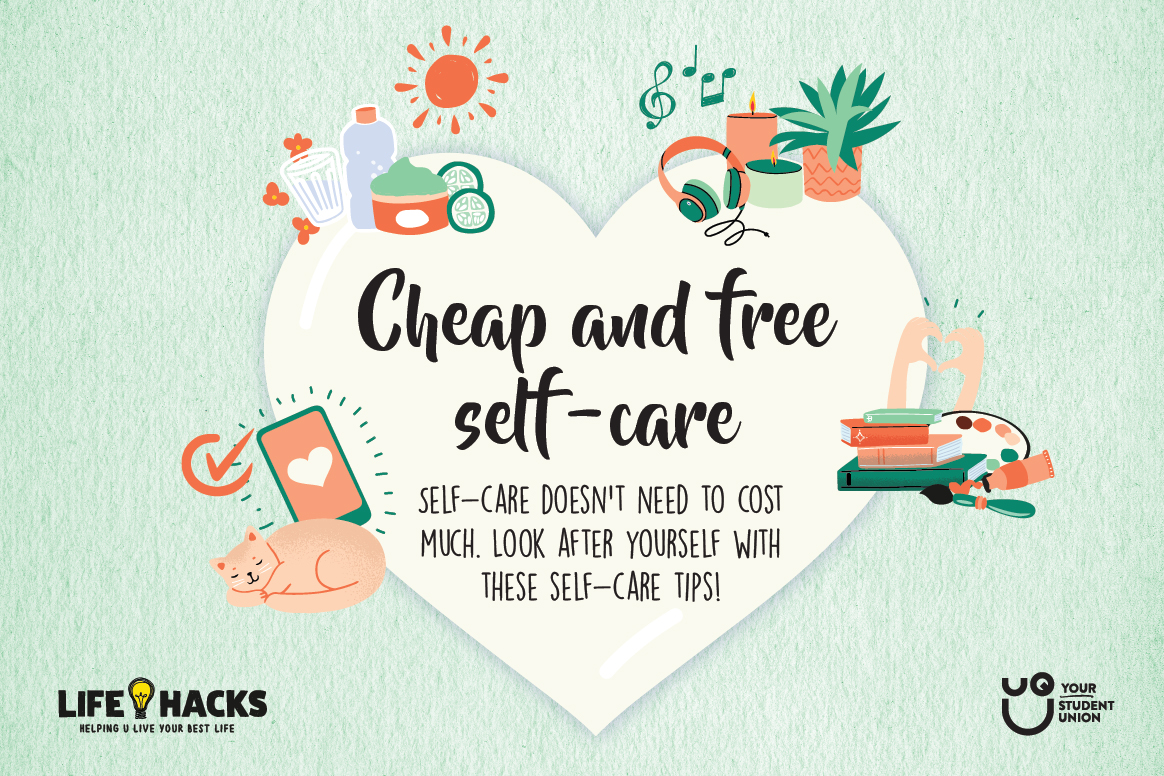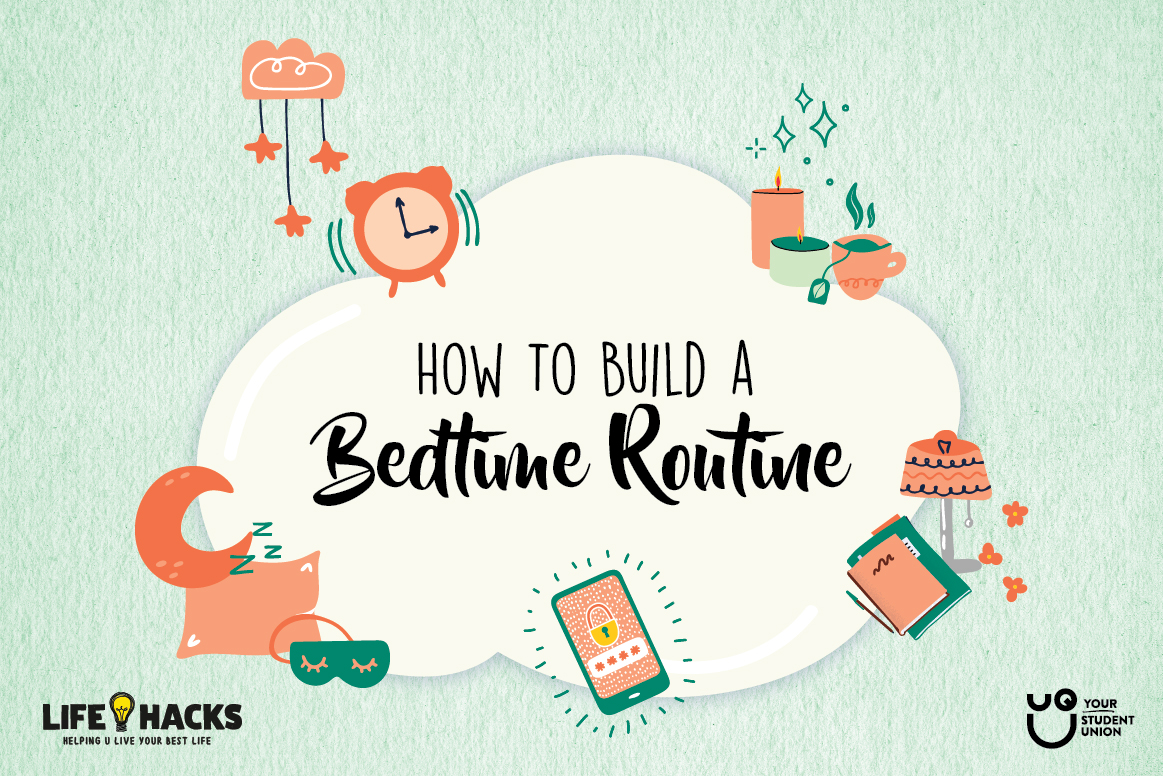When we are stressed our bodies naturally go into a primal “fight or flight mode” meaning a whole bunch of hormones are released into our bodies that put it into a hyper alert state readying us to either fight potential threats or run away…. Not the most ideal state to be in when you want to study. Being stressed for a prolonged period of time takes a toll on your brain and body and can have an impact on your studies and performance at university.
It can be very easy to get bogged down in the pressure of keeping on top of your uni work. Often, you can become so focused on meeting deadlines and studying that you don’t notice the signs that you are stressed. It’s at this point that things tend to go downhill and your studies suffer. That’s why recognising the signs of stress is important.
Here are some of the common signs to look for that can indicate you may be stressed and in need of a break.
Poor sleep
When we are stressed our bodies release chemicals that cause our brains to be alert. Over prolonged periods of time this can begin to interfere with our sleeping patterns, making it hard for us to get to sleep and stay asleep. Leaving you feeling less than refreshed when you wake up.
Trouble retaining information
When stress hormones are released, our body assumes there is an impending threat. Therefore our brains tend to become hyper aware and focus more on unconsciously scanning our surroundings for potential threats and danger. This means that there is much less capacity for it to be giving full attention to what your lecturer is saying or remembering notes you read and so much less of this information is absorbed by your brain.
Sickness
The stress induced fight or flight mode also has a direct impact on our regular bodily functions. Our bodies will focus more of its energy on the functions you would need to fight or run. Functions like blood flow to your muscles and heart and an increase in adrenaline hormones. As it focuses on these functions it tends to slow other functions such as digestion and our immune systems which help us to fight diseases. After prolonged periods of time this can make us susceptible to sicknesses such as colds and flus.
Sore muscles, other aches and pains
As mentioned above being in a state of stress means your body will make sure your muscles are ready to use at a moment’s notice, this means they hold a lot of tension and tend not to relax. This can lead to tension headaches and other musculoskeletal aches and pains.
While it’s important to make sure you stay on top of uni work, it’s important to regularly destress so you can study effectively. Recognising the signs of stress in your body and making time to relax can help your body to come out of the fight or flight mode and function at a level that is much more conducive to studying. Meditation, exercise or just taking some time to chill out and get away for a while are all good ways to relax.
Check out these resources to help get you started:
Remember, if you are struggling with uni or student life the SAS (Student Advocacy & Support) team are here to help with free, independent support. You can make an appointment here.
Our Welfare and Wellbeing page also contains info on other places you can get support.
Did you enjoy this post?
Subscribe to our e-newsletter for all the latest blogs straight to your inbox!




